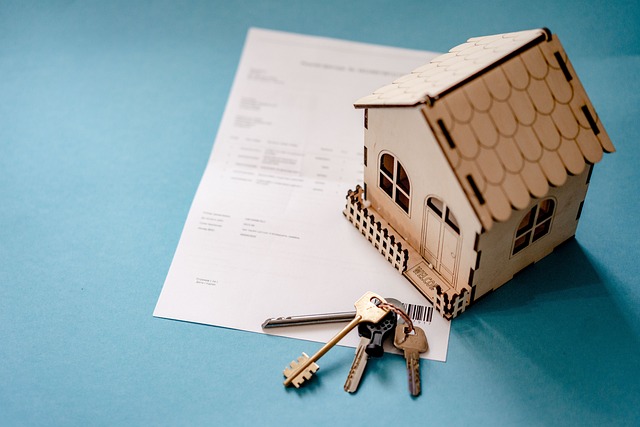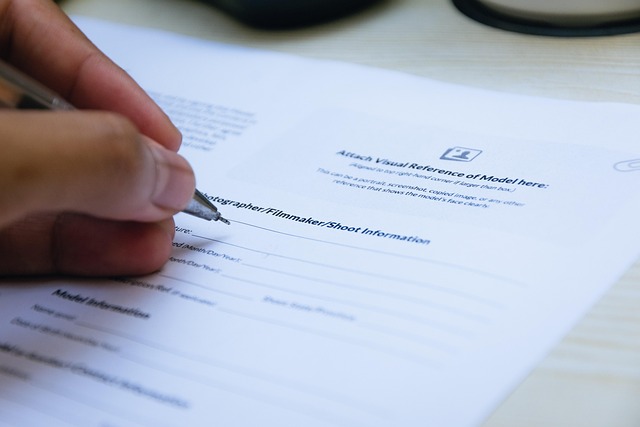A student lease guide is crucial for off-campus living, offering a comprehensive overview of key clauses in lease agreements. It breaks down essential terms like rent structure, late fees, damage responsibility, and maintenance policies, empowering students to avoid disputes and make informed decisions. By understanding these provisions, students can negotiate fair terms, avoid financial pitfalls, maintain positive relationships with landlords, and ensure a secure leasing experience. Before signing, thoroughly review and ask about unclear clauses, focusing on rent, payment deadlines, security deposits, maintenance, and subletting rules.
Looking for guidance on navigating your student lease? This comprehensive student lease guide is your go-to resource. We break down everything you need to know about lease agreements and clauses, empowering students to protect their rights as tenants. From understanding core concepts to decoding common terms, negotiating key conditions, and reviewing before signing, this guide equips you with the knowledge to make informed decisions. Master these essentials and confidently step into your student living experience.
- Understanding Lease Agreements: What Every Student Needs to Know
- Decoding Common Clauses: Protecting Your Rights as a Tenant
- Key Terms and Conditions: Essential Elements in Your Student Lease
- Negotiating and Reviewing: Empowering Yourself Before Signing
Understanding Lease Agreements: What Every Student Needs to Know

Lease agreements are a fundamental part of the student experience, especially for those living off-campus. As a student, understanding these contracts is crucial to ensure a smooth and stress-free rental experience. A lease agreement is a legal document that outlines the terms and conditions between a landlord and a tenant, specifying the rights and responsibilities of both parties. It’s a detailed contract that covers various aspects of the tenancy, including rent amount, payment due dates, duration of stay, and rules and regulations of the property.
In a student lease guide, you’ll typically find an explanation of essential clauses like the rent structure (whether it’s fixed or variable), late fees, and deposit policies. It’s important to read and comprehend each clause, as they can vary widely between properties and locations. Knowing your rights and obligations is key to avoiding unexpected issues. For instance, understanding the notice period for moving out or the procedures for reporting maintenance issues can prevent potential disputes with landlords.
Decoding Common Clauses: Protecting Your Rights as a Tenant

When perusing a student lease agreement, it’s essential to understand common clauses that protect your rights as a tenant. Terms like ‘tenant responsibility for damage’ or ‘late fee policies’ might seem innocuous, but they significantly impact your experience living off-campus. Familiarize yourself with these clauses to ensure you’re not left with unexpected financial burdens or challenges during your tenancy.
In a student lease guide, it’s crucial to highlight that understanding these provisions can empower you to negotiate fair terms or even avoid potential pitfalls. For instance, tenants should be aware of their liability for maintenance and repairs, as well as clear communication about rent increase expectations. By decoding these clauses, students can protect themselves from unfair practices, ensuring a more secure and hassle-free leasing experience.
Key Terms and Conditions: Essential Elements in Your Student Lease

When navigating a student lease, understanding key terms and conditions is crucial for ensuring a smooth rental experience. Familiarize yourself with essential elements such as rent amount, payment due dates, length of lease term, and any restrictions on subletting or pet ownership. These details are typically outlined in the lease agreement and serve as a legal framework for both tenants and landlords.
In a student lease guide, you’ll often find clarification on security deposits, maintenance responsibilities, and notice periods for moving out. Being well-versed in these terms empowers students to make informed decisions, avoid potential pitfalls, and maintain a harmonious relationship with their landlords throughout the rental period.
Negotiating and Reviewing: Empowering Yourself Before Signing

Before signing any lease agreement, it’s crucial for students to empower themselves through thorough negotiation and review. This step is a critical part of your student lease guide. You have the right to understand every clause and condition in the contract. Start by researching common terms and rights specific to student housing in your area. This preparation will help you identify any unusual or unfair provisions.
When reviewing, don’t be afraid to ask questions or seek clarification from the landlord or property manager. Make sure to pay close attention to details regarding rent amount, payment due dates, security deposits, maintenance responsibilities, and subletting rules. Knowing your rights and obligations beforehand ensures a smooth rental experience and can save you from potential financial or legal issues down the line.






